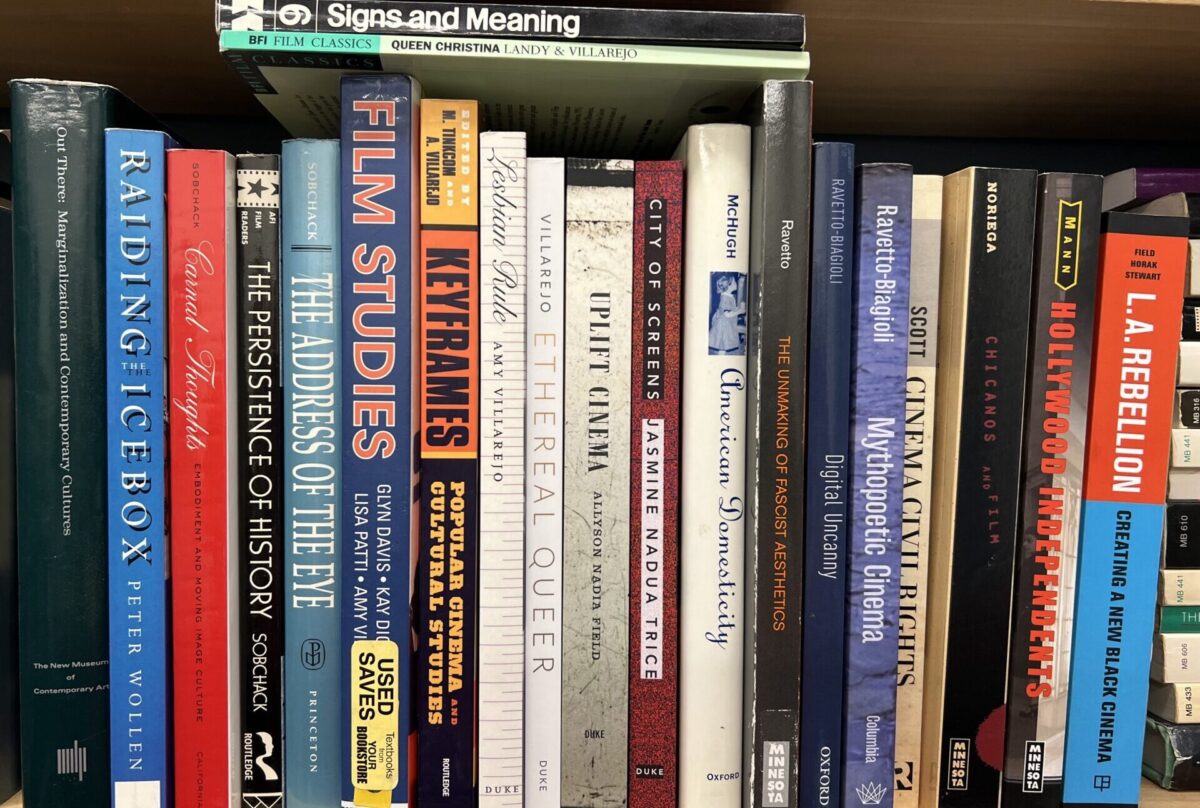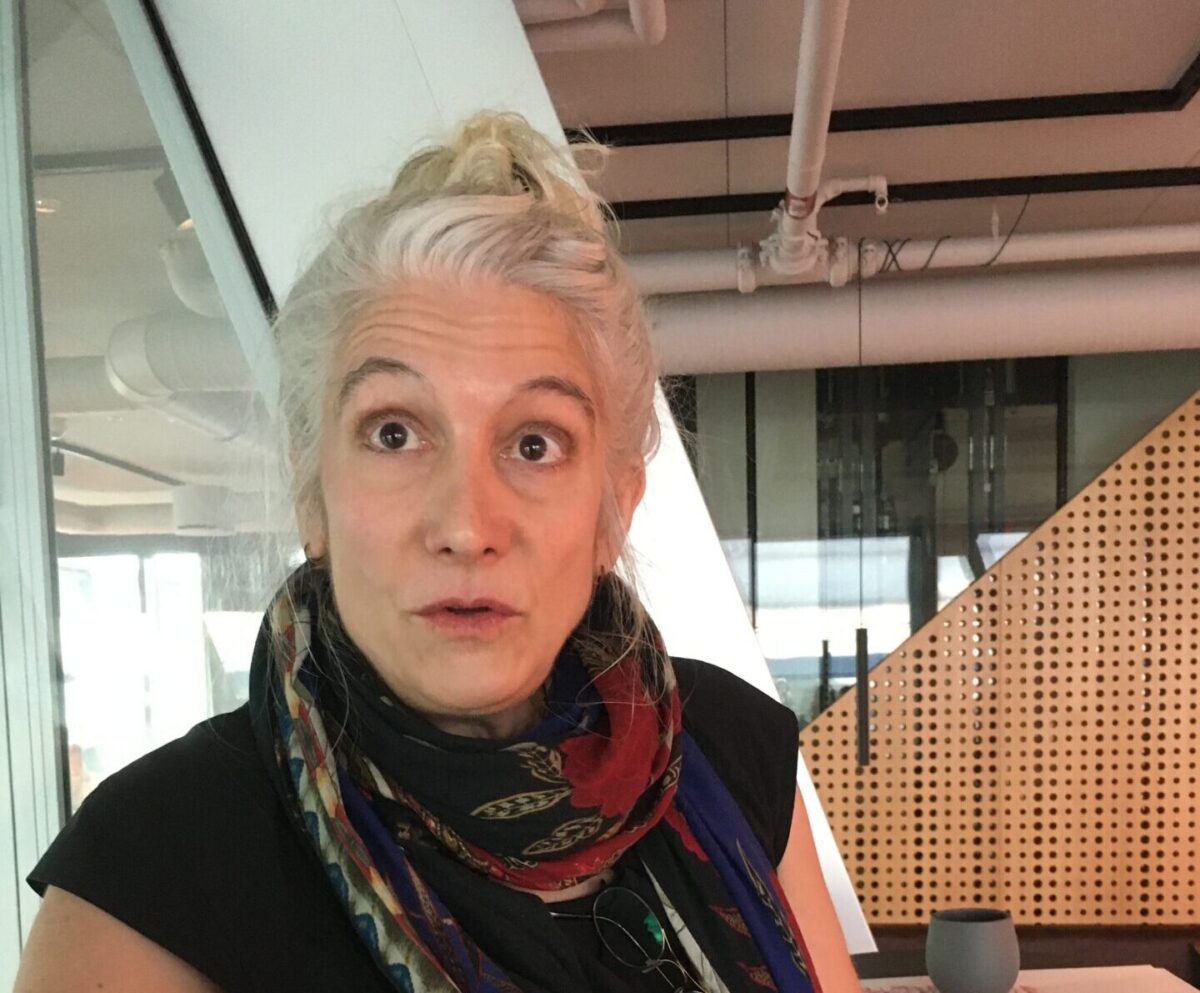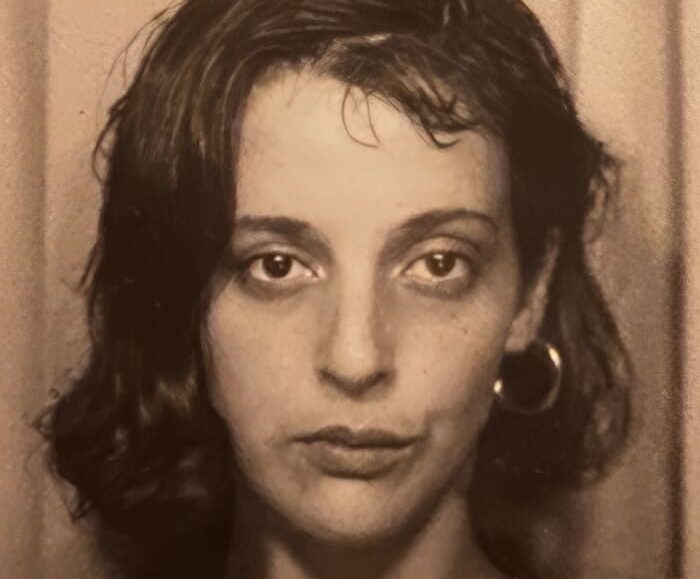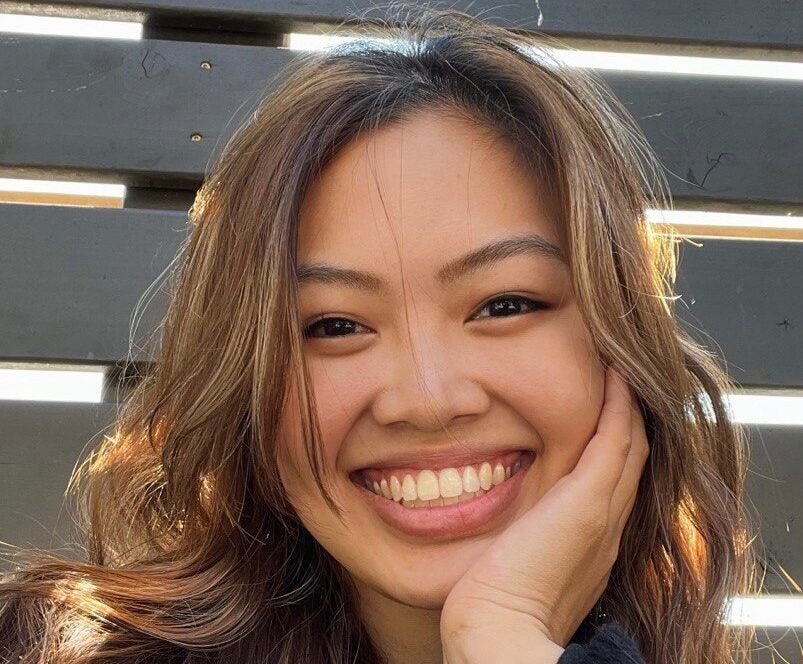Cinema & Media Studies Ph.D.

The Cinema and Media Studies Ph.D. program explores the intricate histories, aesthetics, and cultural impacts of visual media.
The Cinema & Media Studies (CMS) Program at UCLA has played a central role in the development of the field, notably through scholarship grounded in critical theory, cultural studies, close textual analysis, archive-based history, digital and interactive media studies, industry studies, and transnational media studies. The program supports a broad array of critical interests, from the media arts to commercial entertainment, from historical research to contemporary practices, and from formal analysis to the social mapping of media. In the last few years the research profile of the faculty has concentrated on three main areas of research: The Politics of Race, Ethnicity, and Indigeneity (particularly, Chicana/o, African American/African Diaspora, and Asian), Queer Cinema/Gender and Sexuality Studies, and Critical Theory (particularly, moving image art, aesthetic, affect, computational media, and decolonial).
The Ph.D. program focuses on refining research skills in an individualized study plan, with a mission to produce research of unparalleled quality. Graduates often transition into esteemed teaching and research roles in academic institutions. Backing their research endeavors is the UCLA Library Film & Television Archive, offering vast resources, 35mm classroom screenings, and state-of-the-art digital technology facilities.
World-Class Faculty
Kriss Ravetto-Biagioli
Requirements
The Ph.D. program is intended primarily for students who wish to build a career around excellence in university teaching and research. The Ph.D. program requires successful completion of a minimum of seven core courses and at least seven elective courses (not counting those completed at the masters level) and successful completion of the Intellectual Statement, Third Quarter Review, Sixth Quarter Review, Comprehensive Exam, Prospectus Review, Foreign Language Requirement at level three or higher, and successful submission and defense of the Dissertation.
Courses
Year One/Academic Year: Four Core Courses
- FTV 495A Teaching Assistant Training (does not need to be repeated if taken during M.A.)
- FTV 210 Common Course
- FTV 211 Historiography
- FTV 215 Theory and Method
- Academic Progress Report
- Begin taking courses toward language requirement
Year Two: Two Core Courses, Written Exams and Completion of the Ph.D. Study Plan
- FTV 274 Research Design A (Bibliography and Exam Prep)
- FTV 274 Research Design B (Exam Prep with advisors)
- Ph.D. Comprehensive Exam
- FTV 274 Research Design C (Writing the Prospectus)
- Continued progress toward language requirement (must be completed by the end of the 3rd year)
- Prospectus Review
- Academic Progress Report
Year Three/Academic Year: Nomination of Doctoral Committee and Advancement to Candidacy
- Advancement to Candidacy/Nomination of Doctoral Committee (Fall Quarter, contingent upon language requirement completion)
- Academic Progress Report
Ph.D. PROGRAM REMINDERS
Required During Years One-Three: Six additional graduate seminars, at least five of which must be approved cinema and media studies seminars.
Required During Years One-Three: Language Requirement Courses & Petition. Completion of level 3 language training or higher (as determined by Dissertation Committee) must be provided prior to student Advancement to Candidacy.
Recommended During Years One-Three: Colloquium. Students are encouraged to enroll in or attend Colloquium during all quarters to participate in screenings, research presentations and discussions. May be repeated for credit.
- FTV 212 CMS Colloquium
Year 3 and Beyond: Dissertation Research






